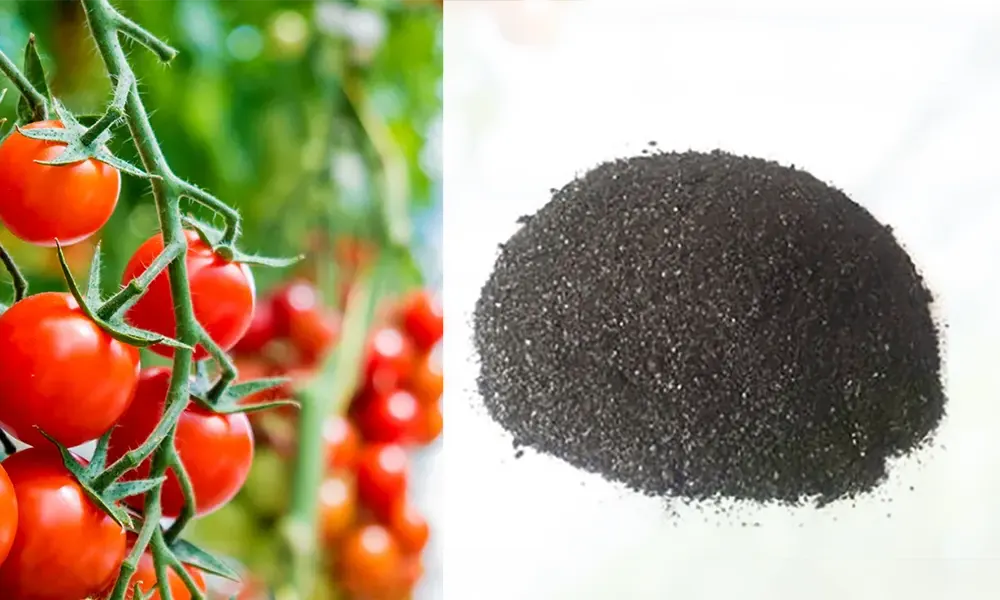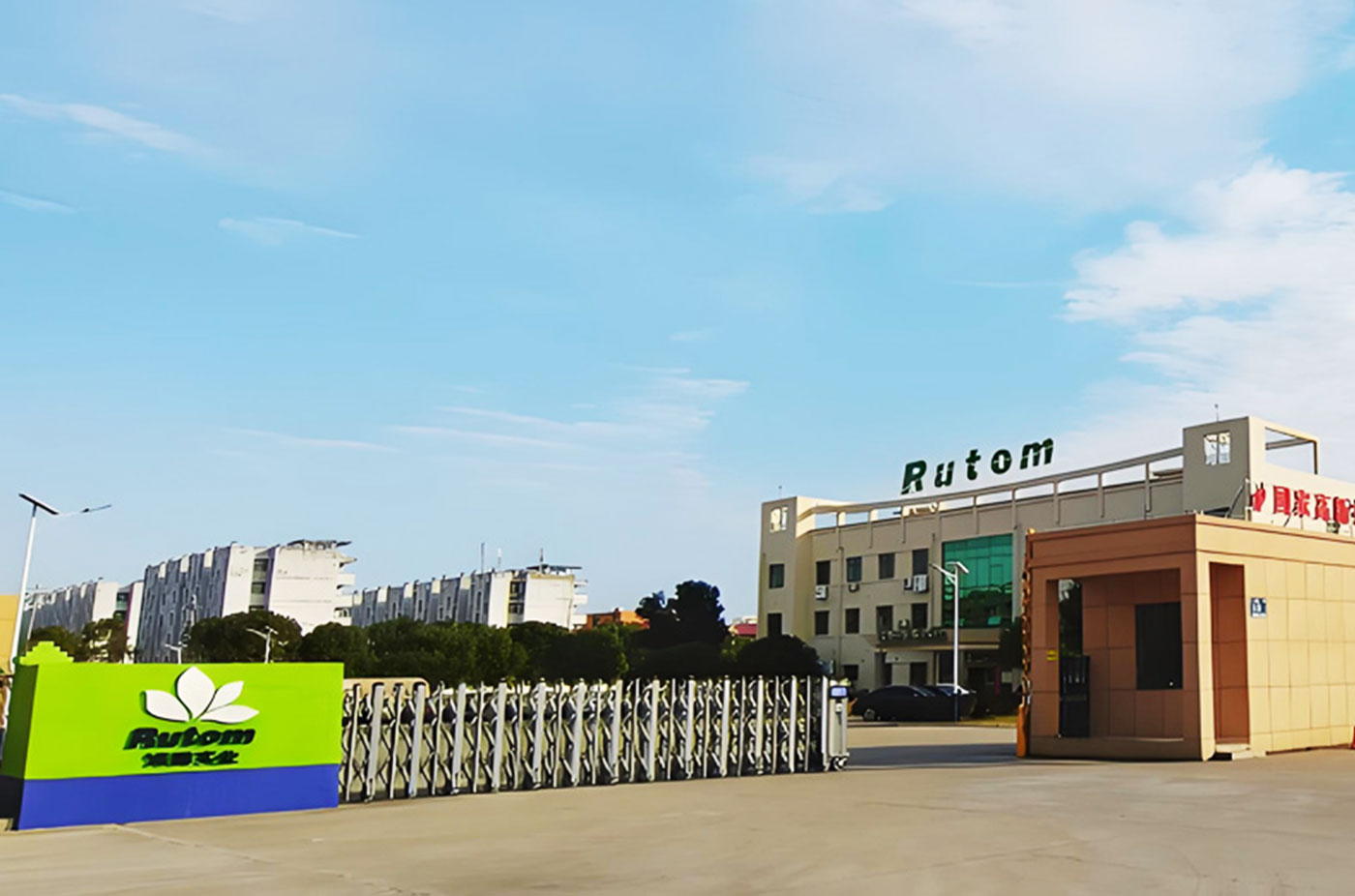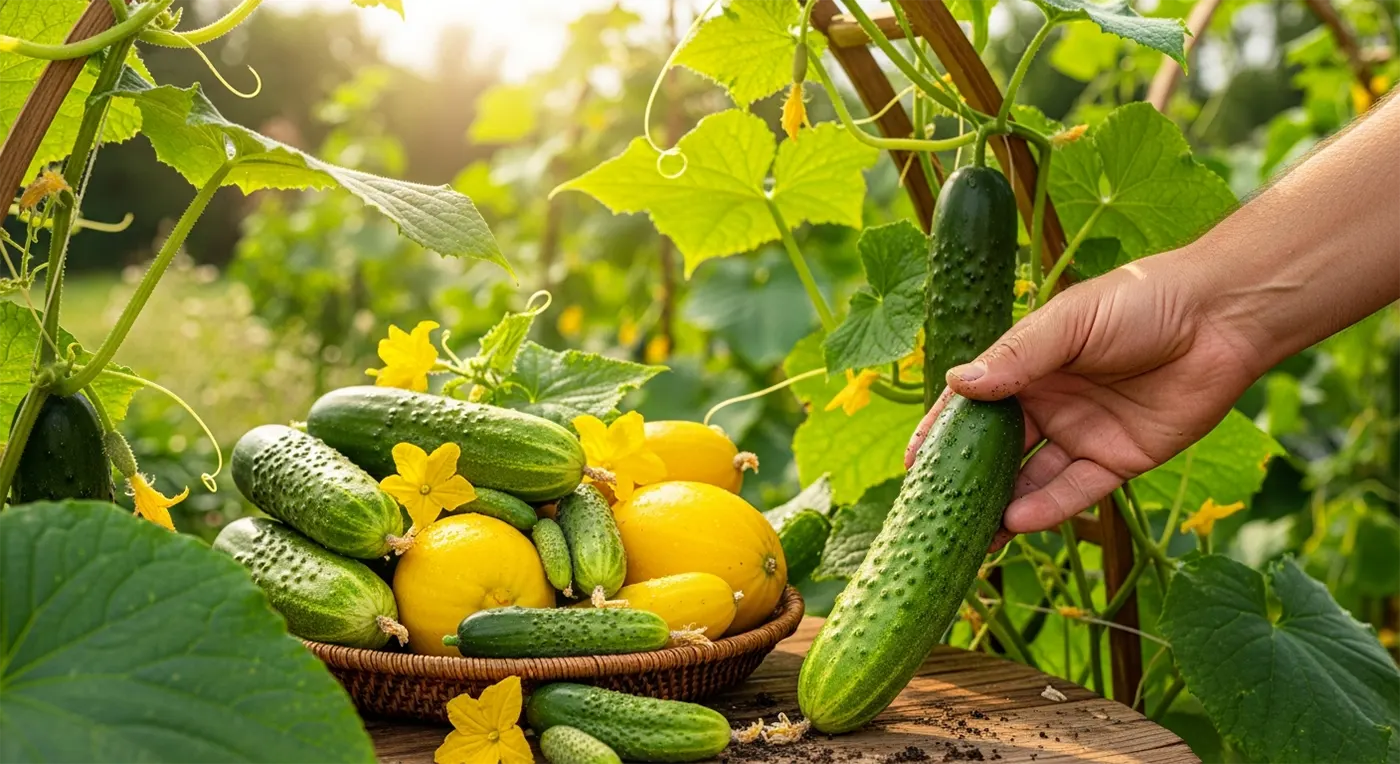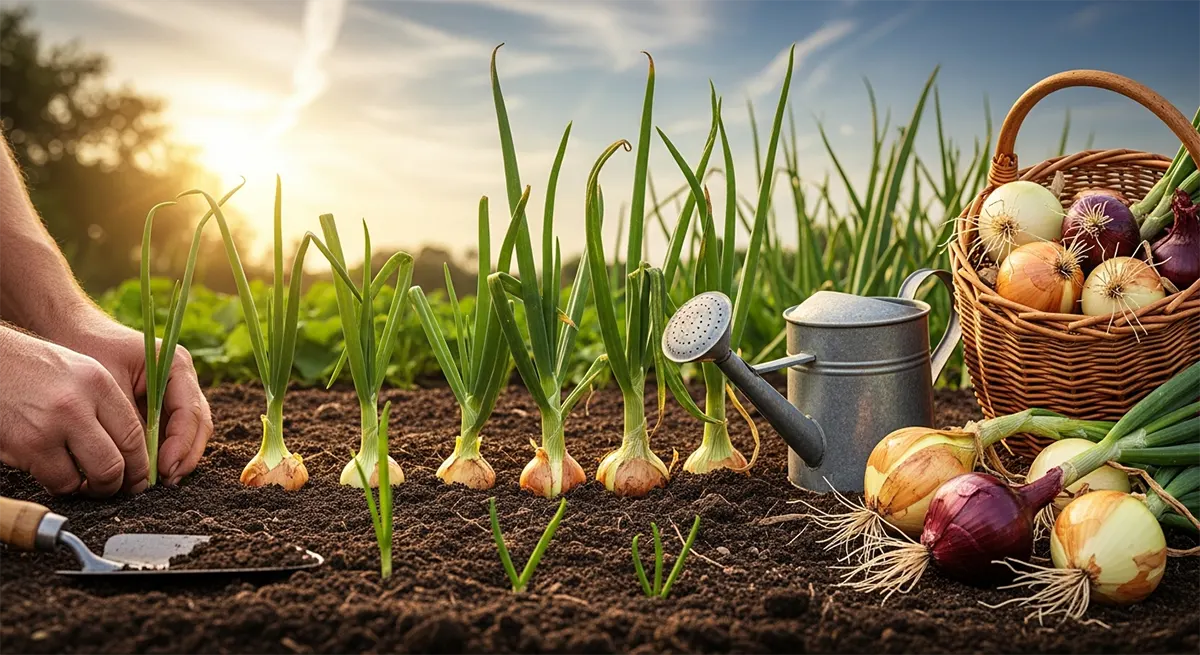table of contents
Nowadays, there are various of fertilizers in agriculture. It’s hard for us to choose the right fertilizer among these fertilizers. In these choice options, seaweed fertilizer is one of the best natural fertilizer choices.
What is seaweed fertilizer?
Introduction to Seaweed Fertilizer
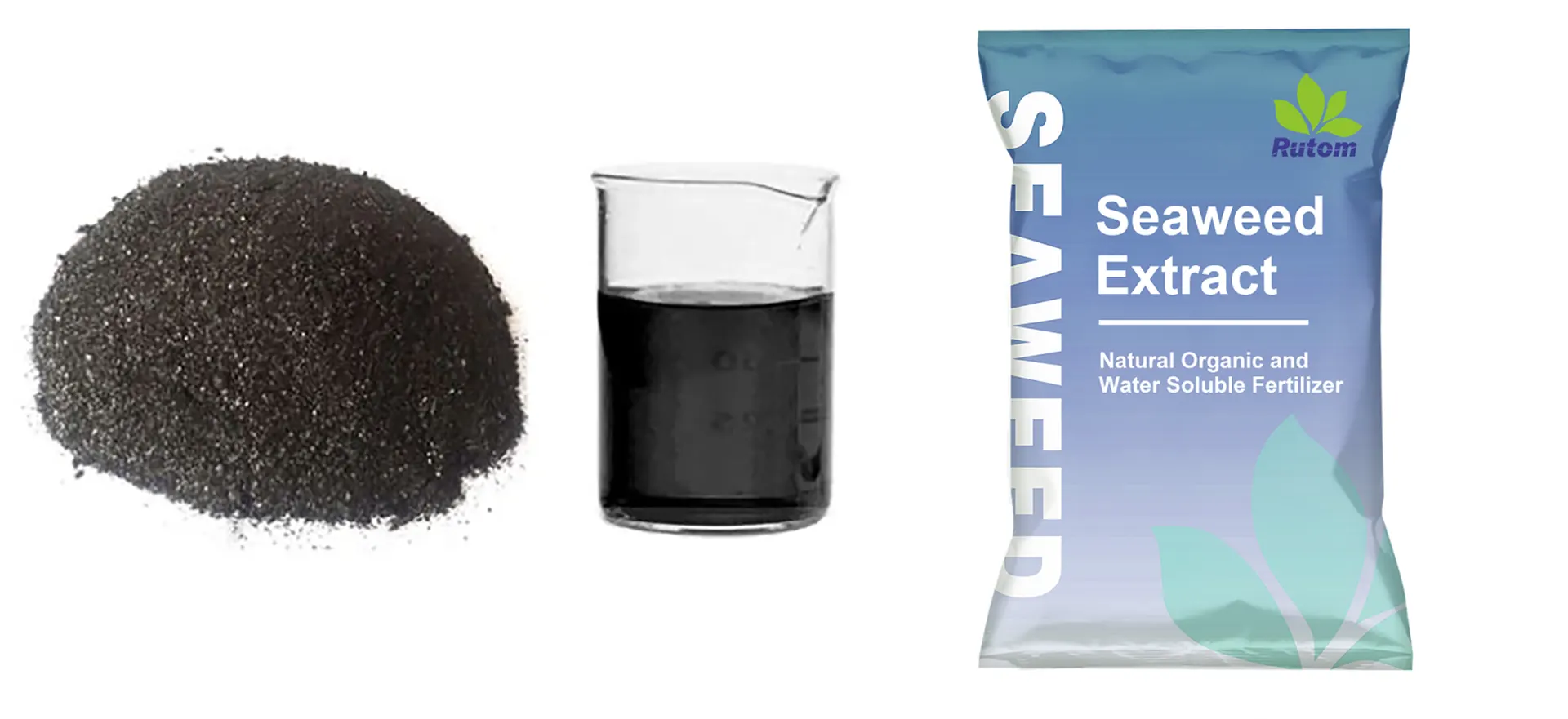
Seaweed fertilizer is becoming more and more popular for farmers and gardeners. But there are still many new guys who don’t know what exactly seaweed fertilizer is. In a word, seaweed fertilizer is a kind of natural plant nutrient extracted from seaweed inside the sea. Regarding the preparation method, first you have to harvest the seaweed and then dry it, and then it is ground into a powder or turned into a liquid extract. You can make this organic seaweed fertilizer in different ways, like granules, powder, and liquid. Each type is good for different gardening needs.
Types of Seaweed Fertilizer
Liquid, granular, and powder forms of seaweed fertilizers are available, and they work for almost any plant in your garden or on your farm. Liquid seaweed fertilizers are great for foliar fertilization, which means spraying the fertilizer directly onto the leaves of the plant. This is because they are easy for the plant to absorb, which speeds up growth. Granular seaweed fertilizer, which also can be called slow-release fertilizer, can be sprinkled around the roots of plants. It releases nutrients slowly and steadily, making it a great long-term food source. You can use powdered seaweed fertilizer as a water-soluble fertilizer or for drip irrigation, or you can mix it directly with the soil to make the soil nutrient structure better.
Benefits of Seaweed Fertilizer for Plants
This kind of organic seaweed fertilizer cannot only feed your plants with nutrients but also can help them resist diseases and pests. Let me go into more detail about seaweed fertilizer, what components it has that plants benefit from, and why you should spread some seaweed in your garden or on your farm.
As we know, seaweed is full of nutrients that plants need, like nitrogen, potassium, and phosphorus. They’re what plants need to grow tall, green, and healthy. Seaweed is also full of trace elements and amino acids, which are the key to keeping plants healthy.
The detailed benefits are just as follows:
Enhanced Soil Health
To be honest, one of the best things about seaweed fertilizer is that it can make soil healthier. Seaweed has a lot of different micronutrients, trace elements, and organic compounds that help the soil grow and keep beneficial microorganisms alive. We can imagine it as a “multivitamin” for the soil, and soil is fundamental to the survival of all plants, which can help plants stay healthy and strong. With the help of seaweed fertilizer, it makes the soil structure improve and promotes microbial activity, resulting in more fertile soil and higher yields.
Improved Plant Growth
Seaweed fertilizer is famous for its ability to improve plant growth. It has natural plant growth factors like auxins and cytokinins that help roots grow, help plants take in more nutrients, and make them stronger overall. We don’t need to use man-made chemicals to give plants the nutrients they need to grow. This makes the plants bigger, healthier, and more productive. This is one reason why seaweed fertilizer is a popular choice for farmers and gardeners at home.
Pest and Disease Resistance
One more reason why seaweed fertilizer is so popular is that it can help plants get rid of pests and diseases. The natural substances in seaweed can make plants cell walls stronger, which makes them less likely to be harmed by insects and germs. And seaweed fertilizer can help the sick plants recover from the damage of pests and diseases and make the plants much healthier than in the past, just like we offer the plant’s immune system a boost.
Environmental Friendliness
As time goes on, more and more people are interested in organic fertilizers instead of chemical fertilizers, which are harmful to our environment. Among those organic fertilizers, seaweed fertilizer is one of the most popular organic fertilizers that people love most. Seaweed fertilizer is a renewable resource that can be harvested in a way that doesn’t hurt the environment. This is different from chemical fertilizers, which pollute water and release greenhouse gases. So, using seaweed fertilizer will not only make the soil better, but it will also help protect the environment of the earth.
Nutrients and Components in Seaweed Fertilizer
Actually speaking, seaweed has many nutrients, just like multivitamins for humans. It doesn’t only offer NPK (nitrogen, phosphorus, potassium); it also has micronutrients.
NPK & Micronutrients
Seaweeds are rich in nutrients, containing not only essential macronutrients such as nitrogen, phosphorus, and potassium, but also micronutrients such as iron, manganese, and zinc. We all know that these nutrients are very important for plant growth, and the seaweed fertilizers can provide the nutrients that are easily absorbed by plants, just like seaweed fertilizers offer plants nutrients based on plants’ demands.
Natural Growth Hormones
Seaweed contains natural plant growth hormones, such as cytokinins, auxins, and gibberellins; they can stimulate our plants cell division, root development, and flowering and also enhance photosynthesis. With these natural growth boosters, which help plants reach their full potential, our plants will be like humans drinking Red Bull.
Bioactive Compounds & Soil Microbial
Seaweed cannot only provide the plants with betaines and amino acids, which can offer plants the power to resist pests and diseases; it also contains beneficial microorganisms that can help to break down organic matter, release nutrients, and improve soil structure. Our plants have good soil conditions, with the betaines and amino acids to enhance their pest and disease resistance, it’s certain that our plants will grow well.
Applying Seaweed Fertilizer
After we understand what seaweed fertilizer is, now we will introduce how to use the seaweed correctly to ensure our plants grow better.
When to apply
Before we know about how to use seaweed fertilizer, we should know first about when to use it. In order for your plant to grow better, we suggest you use seaweed fertilizer when the plants start to grow, which offers your plants a strong start. If you missed the season when the plants first started growing, you can also fertilize the plants at the mid-seasons. However, seaweed fertilizers have different types, which are designed for different seasons or plants. We should follow the design introduction.
How to apply
Seaweed fertilizer can be applied in different ways, it depends on the types of fertilizer. Seaweed liquid extracts can be applied as a foliar spray or soil drench. While seaweed meal can be mixed with soil or used as a soil drench, we can water it into the roots for longer-lasting effects. Composted seaweed fertilizer can be used in your garden beds or used as a mulch. Each of the mentioned methods has its advantages and disadvantages, how to use it correctly based on your needs. So please choose the best way to help your plants.
Fertilization Frequency & Dosage
Talking about the dosage and frequency, they will vary depending on the seaweed fertilizer types and plants’ needs. You’d better follow the manufacturer’s instructions for your plant’s better growth. Generally speaking, you can use 1 to 2 tablespoons of liquid extracts for every gallon of water and 1 to 2 pounds of dried seaweed meal for every 100 square feet of garden bed. You can use more composted seaweed, but it’s always best to start with a small amount and add more as needed.
Seaweed Fertilizer VS Other Fertilizers
We all know that you have many, many options for choosing fertilizers. Why is seaweed fertilizer so special, and why do so many people love it? Because seaweed has the features of natural origin and a range of benefits. But how does it perform compared with other kinds of fertilizers, like chemical fertilizers and other organic fertilizers? Let’s look at the details more closely.
Seaweed vs. Synthetic Fertilizer
Unlike organic fertilizers, synthetic fertilizers, or chemical fertilizers, are widely used all over the world for their lower cost and fast results. However, synthetic fertilizer can cause environmental pollution; some chemicals flow into rivers or wells when it rains. At the same time, long-term use of chemical fertilizers can easily lead to soil compaction, which makes soil unable to keep the water. In contrast, organic fertilizers like seaweed can release the nutrients slowly, which seems to release fertilizers; it will not damage the environment due to its organic nature. Due to seaweed’s features, it can help to enhance soil health and improve soil water retention abilities. And seaweed is a natural organic fertilizer; it’s friendly to kids and pets. They play happily around our plants fed by seaweed fertilizer.
Seaweed vs. Organic Fertilizer
We all know most organic fertilizers have the same features, such as being environmentally friendly and slow-release. But there are some organic fertilizers have different functions; let’s have a look.
Compost: It is rich in bulk nutrients and organic matter, and the difference with seaweed is that it has the micronutrients and growth hormones. So we can both use compost and seaweed or mix them up.
Fish Emulsion: It is a kind of liquid fertilizer that is made of fish and other organic matter. It is similar to seaweed fertilizers, rich in nitrogen, and contains phosphorus and potassium. But unlike seaweed, it is especially useful for fast-growing plants and seedlings.
Where to Buy Seaweed Fertilizer?
Rutom Bio. with over 12 years of experience, specializes in the research and production of organic fertilizers, certified by ECOCERT EU, USDA NOP, JAS, and CERES, and is committed to promoting sustainable agriculture and green food. We can offer organic certified fertilizers, such as seaweed fertilizers. Whether you are a distributor or reseller, and regardless of your market, our organically certified products will perfectly meet your needs. If you are looking for a high-quality seaweed fertilizer manufacturer, please contact us immediately.
Conclusion
Seaweed fertilizer is a good way to make our soil health and plant growth better and also help to protect our environment. Seaweed fertilizer is good for farmers or gardeners because it is full of nutrients and natural growth hormones and helps beneficial microbes grow. You can get the most out of seaweed fertilizers and make your growing environment more efficient and sustainable by learning how to use them correctly and taking into account the problems and things to think about.
FAQs About Seaweed Fertilizer
Seaweed fertilizer can be used on a wide variety of plants, including vegetables, fruits, flowers, and herbs. However, it’s always a good idea to research the specific needs of your plants to ensure optimal results.
2. How often should I apply seaweed fertilizer?
The frequency of application will depend on the type of seaweed fertilizer and the specific needs of your plants. Generally, liquid extracts can be applied every 2-4 weeks, while dried seaweed meal and composted seaweed can be applied once or twice per growing season.
3. Can seaweed fertilizer be used in hydroponic systems?
Yes, seaweed fertilizer can be used in hydroponic systems. Liquid seaweed extracts are particularly well-suited for hydroponic applications, as they can be easily mixed into the nutrient solution.
4. Does seaweed fertilizer have an expiration date?
Seaweed fertilizer does not have a strict expiration date, but its effectiveness can degrade over time. Liquid extracts should be used within 1-2 years of purchase, while dried seaweed meal and composted seaweed can last longer if stored properly.
5. Is seaweed fertilizer safe for organic gardening?
Yes, seaweed fertilizer is considered safe for organic gardening. It is a natural, organic product that does not contain synthetic chemicals or additives.

